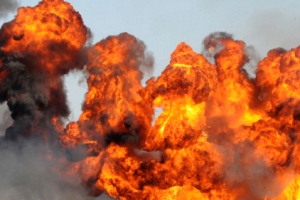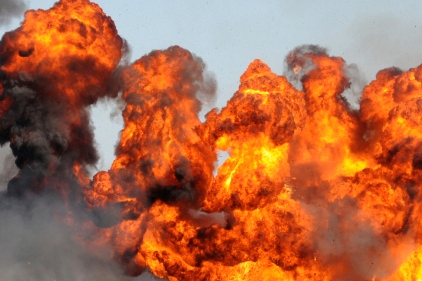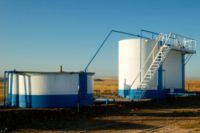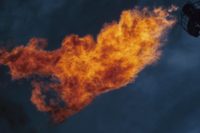 A series of recent chemical plant explosions – including two fatal ones in La. last week – has safety advocates once again calling for stronger federal legislation for chemical plant safety and security.
A series of recent chemical plant explosions – including two fatal ones in La. last week – has safety advocates once again calling for stronger federal legislation for chemical plant safety and security.
A total of three workers were killed and approximately 80 others injured in the two La. incidents.
Sources say the Williams Olefins facility involved in one of them has experienced four significant leaks of flammable chemicals over the the past five years. A 2010 release of propylene – the chemical blamed for last week’s fire – forced a shutdown of work at the plant. It was blamed on a corroded pipe. That and other leaks that released ethylene, benzene and – again – propylene have the company embroiled in negotiations with the state’s Department of Environmental Quality over a compliance order and notice of potential penalty. The plant had not been inspected by OSHA since 1993.
The other plant, a CF Industries facility, had been inspected more recently by OSHA and had been cited for 14 safety and health violations with fines of $150,000.
The La. incidents, along with April’s fatal explosion at a fertilizer storage facility, demonstrate the need for legislation mandating Inherently Safer Technology (IST) reviews, according to the National Council for Occupational Safety and Health (National COSH). (IST) reviews by plants using particularly hazardous chemicals. The group’s Tom O’Connor said such reviews would require these hazardous facilities to examine options for adopting safer chemicals or processes and adopt them if feasible.
“It isn’t a complicated or overly burdensome process,” said O’Connor. “Companies using highly toxic chemicals should be required to examine possible substitutes that are less hazardous.”
New Jersey law requires IST reviews at chemical plants.
National COSH said that with OSHA unable to conduct regular inspections of worksites due to budget limitations, future disasters similar to those in La. and Texas are likely.
“This recent spate of chemical plant explosions confirms what we have been saying for years,” O’Connor said. “Plants storing or using highly hazardous chemicals must be required to assess whether safer options are feasible and must be subject to rigorous and regular inspection by OSHA and the EPA.”
Williams Olefins operates natural gas pipelines that reach from the tar sands in Canada to the Gulf of Mexico – similar to the route that would be followed by the proposed Keystone Pipeline.



